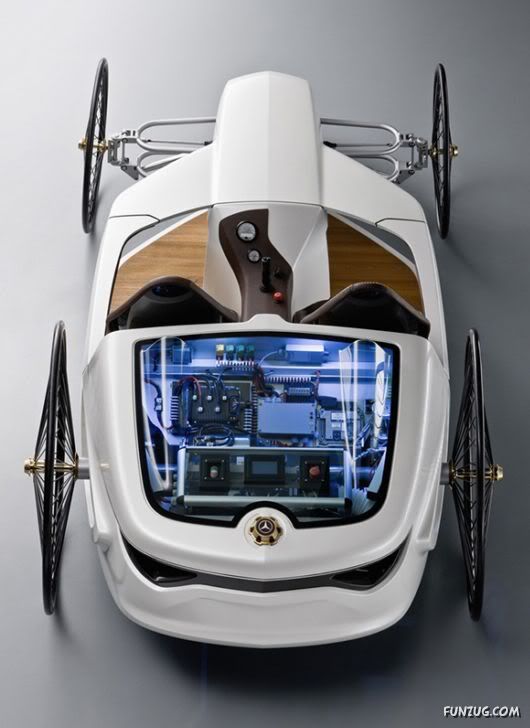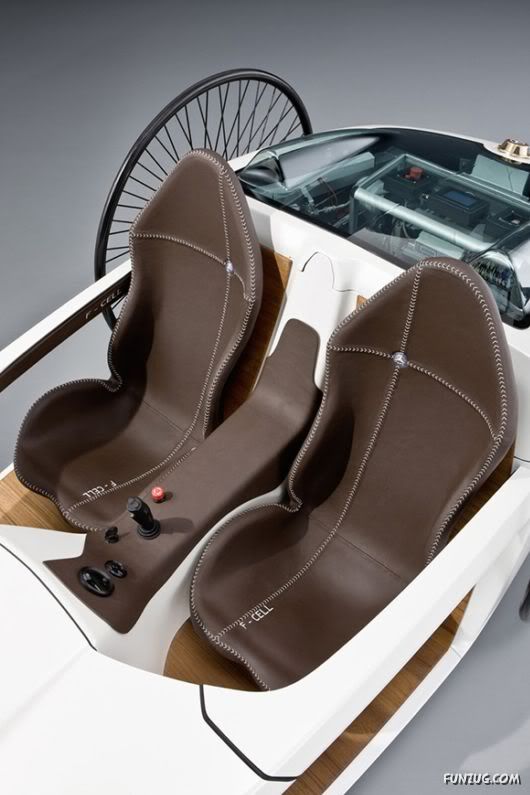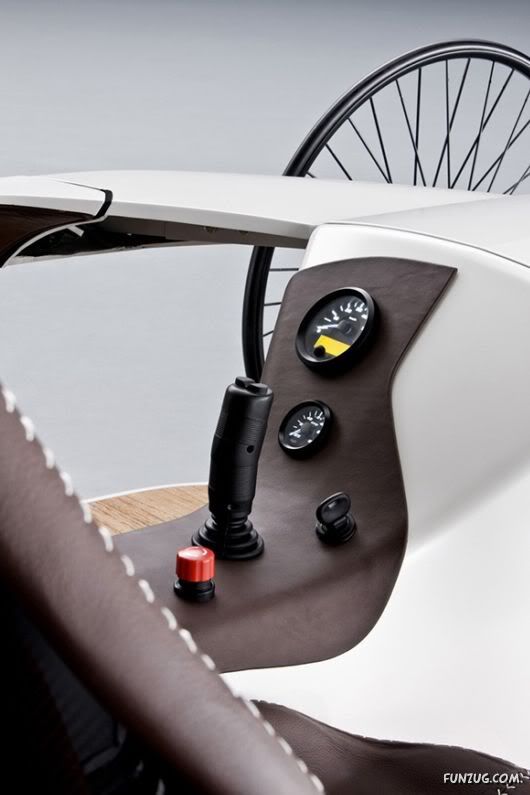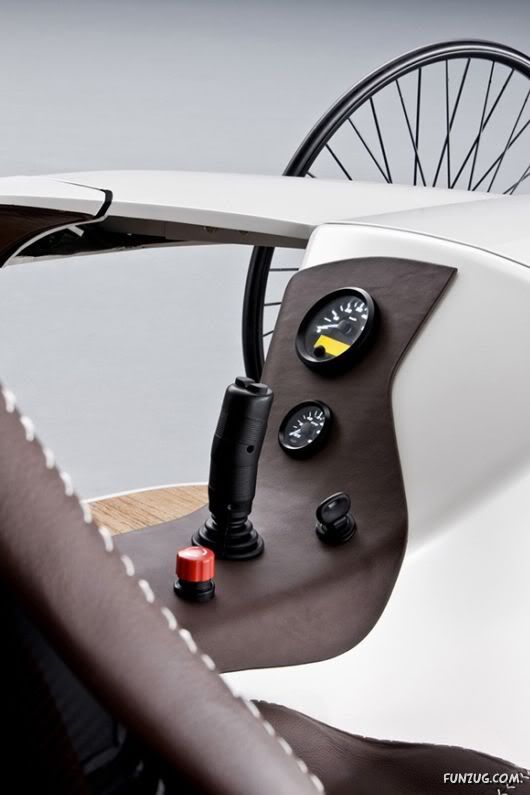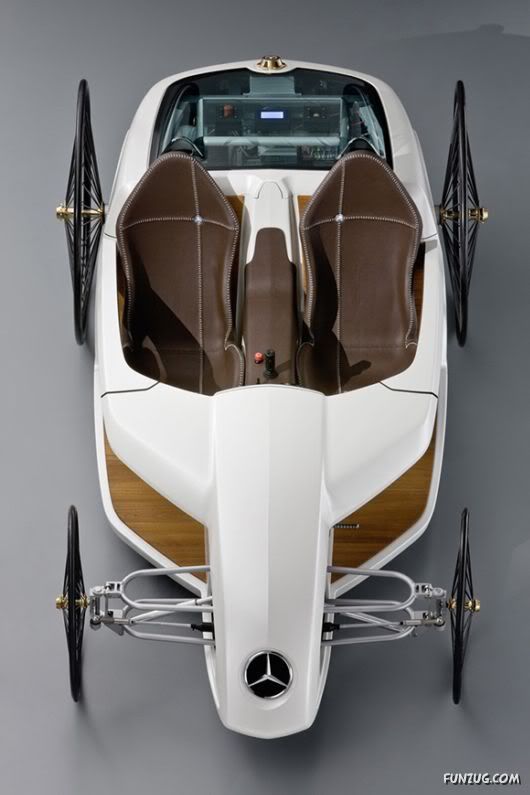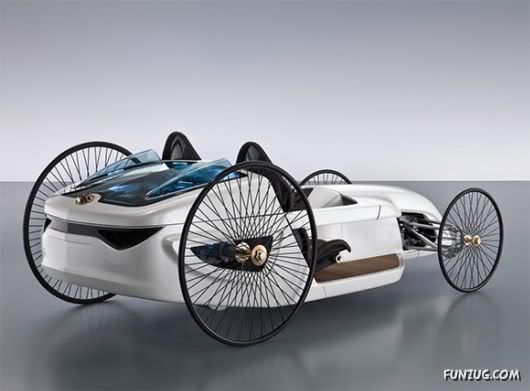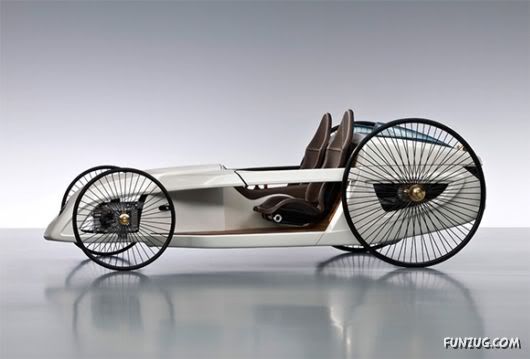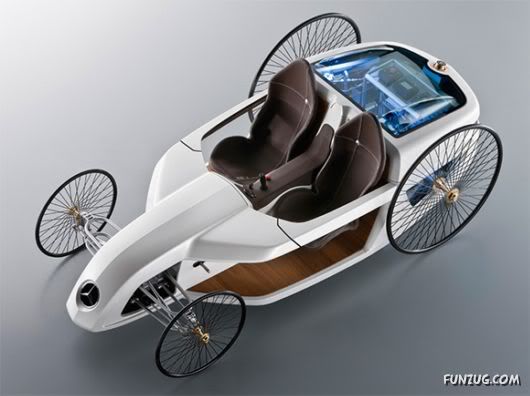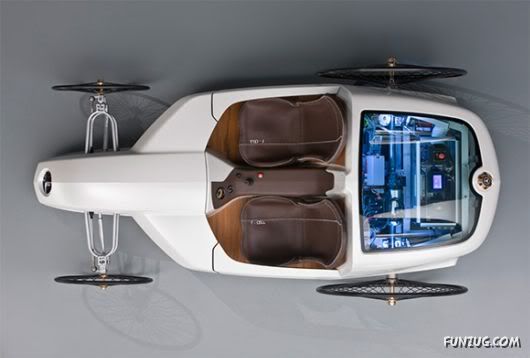 Bill Gates
Bill Gates.
Born October 28, 1955 (age 53)
Seattle, Washington
Residence Seattle, Washington, United States
Alma mater Harvard University (dropped out in 1975, honorary degree in 2007)[1]
Occupation Chairman of Microsoft
Co-Chair of Bill & Melinda Gates Foundation
Net worth ▲US$58 billion (2008)[2]
Spouse(s) Melinda Gates (1994–present)
Children Jennifer Katharine Gates (1996)
Rory John Gates (1999)
Phoebe Adele Gates (2002)
William Henry "Bill" Gates III (born October 28, 1955)[3] is an American business magnate, philanthropist, author, the world's third richest person (as of February 8, 2008),[2] and chairman[4] of Microsoft, the software company he founded with Paul Allen. Gates was the richest person in the world for 15 consecutive years.[5] During his career at Microsoft, Gates held the positions of CEO and chief software architect, and remains the largest individual shareholder with more than 8 percent of the common stock.[6] He has also authored or co-authored several books.
Gates is one of the best-known entrepreneurs of the personal computer revolution. Although he is admired by many, a large number of industry insiders criticize his business tactics, which they consider anti-competitive, an opinion which has in some cases been upheld by the courts.[7][8] In the later stages of his career, Gates has pursued a number of philanthropic endeavors, donating large amounts of money to various charitable organizations and scientific research programs through the Bill & Melinda Gates Foundation, established in 2000.
Bill Gates stepped down as chief executive officer of Microsoft in January, 2000. He remained as chairman and created the position of chief software architect. In June, 2006, Gates announced that he would be transitioning from full-time work at Microsoft to part-time work and full-time work at the Bill & Melinda Gates Foundation. He gradually transferred his duties to Ray Ozzie, chief software architect and Craig Mundie, chief research and strategy officer. Gates' last full-time day at Microsoft was June 27, 2008, he remains at Microsoft as non-executive chairman.
Early life Gates was born in Seattle, Washington, to William H. Gates, Sr. and Mary Maxwell Gates. His family was upper middle class; his father was a prominent lawyer, his mother served on the board of directors for First Interstate BancSystem and the United Way, and her father, J. W. Maxwell, was a national bank president. Gates has one elder sister, Kristi (Kristianne), and one younger sister, Libby. He was the fourth of his name in his family, but was known as William Gates III or "Trey" because his father had dropped his own "III" suffix.[9] Early on in his life, Gates's parents had a law career in mind for him.
At thirteen he enrolled in the Lakeside School, an exclusive preparatory school.[11] When he was in the eighth grade, the Mothers Club at the school used proceeds from Lakeside School's rummage sale to buy an ASR-33 teletype terminal and a block of computer time on a General Electric (GE) computer for the school's students.[12] Gates took an interest in programming the GE system in BASIC and was excused from math classes to pursue his interest. He wrote his first computer program on this machine: an implementation of tic-tac-toe that allowed users to play games against the computer. Gates was fascinated by the machine and how it would always execute software code perfectly. When he reflected back on that moment, he commented on it and said, "There was just something neat about the machine."[13] After the Mothers Club donation was exhausted, he and other students sought time on systems including DEC PDP minicomputers. One of these systems was a PDP-10 belonging to Computer Center Corporation (CCC), which banned four Lakeside students—Gates, Paul Allen, Ric Weiland, and Kent Evans—for the summer after it caught them exploiting bugs in the operating system to obtain free computer time.[14]
At the end of the ban, the four students offered to find bugs in CCC's software in exchange for computer time. Rather than use the system via teletype, Gates went to CCC's offices and studied source code for various programs that ran on the system, including programs in FORTRAN, LISP, and machine language. The arrangement with CCC continued until 1970, when it went out of business. The following year, Information Sciences Inc. hired the four Lakeside students to write a payroll program in COBOL, providing them computer time and royalties. After his administrators became aware of his programming abilities, Gates wrote the school's computer program to schedule students in classes. He modified the code so that he was placed in classes with mostly female students. He later stated that "it was hard to tear myself away from a machine at which I could so unambiguously demonstrate success."[13] At age 17, Gates formed a venture with Allen, called Traf-O-Data, to make traffic counters based on the Intel 8008 processor.[15]. In early 1973, Bill Gates served as a congressional page in the U.S. House of Representatives.[16]
Gates graduated from Lakeside School in 1973. He scored 1590 out of 1600 on the Scholastic Aptitude Test[17] and subsequently enrolled at Harvard College in the fall of 1973.[18] Prior to the mid 1990s, an SAT score of 1590 was equivalent to an IQ of about 170 (roughly the one in a million level),[19] a figure that would frequently be cited by the press.[20] While at Harvard, he met his future business partner, Steve Ballmer, whom he later appointed as CEO of Microsoft. He also met computer scientist Christos Papadimitriou at Harvard, with whom he collaborated on a paper about pancake sorting.[21] He did not have a definite study plan while a student at Harvard[22] and spent a lot of time using the school's computers. He remained in contact with Paul Allen, joining him at Honeywell during the summer of 1974.[23] The following year saw the release of the MITS Altair 8800 based on the Intel 8080 CPU, and Gates and Allen saw this as the opportunity to start their own computer software company.[24] He had talked this decision over with his parents, who were supportive of him after seeing how much Gates wanted to start a company Microsoft.
IBM partnership In 1980, IBM approached Microsoft to write the BASIC interpreter for its upcoming personal computer, the IBM PC. When IBM's representatives mentioned that they needed an operating system, Gates referred them to Digital Research (DRI), makers of the widely used CP/M operating system.[29] IBM's discussions with Digital Research went poorly, and they did not reach a licensing agreement. IBM representative Jack Sams mentioned the licensing difficulties during a subsequent meeting with Gates and told him to get an acceptable operating system. A few weeks later Gates proposed using 86-DOS (QDOS), an operating system similar to CP/M that Tim Paterson of Seattle Computer Products (SCP) had made for hardware similar to the PC. Microsoft made a deal with SCP to become the exclusive licensing agent, and later the full owner, of 86-DOS. After adapting the operating system for the PC, Microsoft delivered it to IBM as PC-DOS in exchange for a one-time fee of $50,000. Gates insisted that IBM let Microsoft keep the copyright on the operating system, because he believed that other hardware vendors would clone IBM's system.[30] They did, and the sales of MS-DOS made Microsoft a major player in the industry.
Windows Gates oversaw Microsoft's company restructuring on June 25, 1981, which re-incorporated the company in Washington and made Gates President of Microsoft and the Chairman of the Board.[25] Microsoft launched its first retail version of Microsoft Windows on November 20, 1985, and in August, the company struck a deal with IBM to develop a separate operating system called OS/2. Although the two companies successfully developed the first version of the new system, mounting creative differences undermined the partnership. Gates distributed an internal memo on May 16, 1991 announcing that the OS/2 partnership was over and Microsoft would shift its efforts to the Windows NT kernel development.
Personal life Gates married Melinda French from Dallas, Texas on January 1, 1994. They have three children: Jennifer Katharine(1996), Rory John(1999) and Phoebe Adele(2002). The Gates's home is an earth-sheltered house in the side of a hill overlooking Lake Washington in Medina, Washington. According to King County public records, as of 2006 the total assessed value of the property (land and house) is $125 million, and the annual property tax is $991,000. Also among Gates's private acquisitions is the Codex Leicester, a collection of writings by Leonardo da Vinci, which Gates bought for $30.8 million at an auction in 1994.[45] Gates is also known as an avid reader, and the ceiling of his large home library is engraved with a quotation from The Great Gatsby.[46] He also enjoys playing bridge, tennis, and golf.[47][48]
Gates was number one on the "Forbes 400" list from 1993 through to 2007 and number one on Forbes list of "The World's Richest People" from 1995 to 2007. In 1999, Gates's wealth briefly surpassed $101 billion, causing the media to call him a "centibillionaire".[49] Since 2000, the nominal value of his Microsoft holdings has declined due to a fall in Microsoft's stock price after the dot-com bubble burst and the multi-billion dollar donations he has made to his charitable foundations. In a May 2006 interview, Gates commented that he wished that he were not the richest man in the world because he disliked the attention it brought.[50] Gates has several investments outside Microsoft, which in 2006 paid him a salary of $616,667, and $350,000 bonus totalling $966,667.[51] He founded Corbis, a digital imaging company, in 1989. In 2004 he became a director of Berkshire Hathaway, the investment company headed by long-time friend Warren Buffett.







